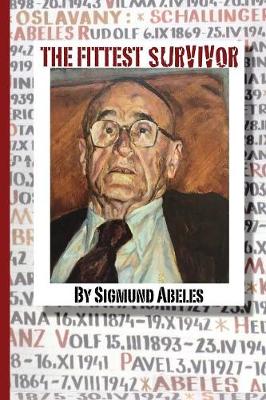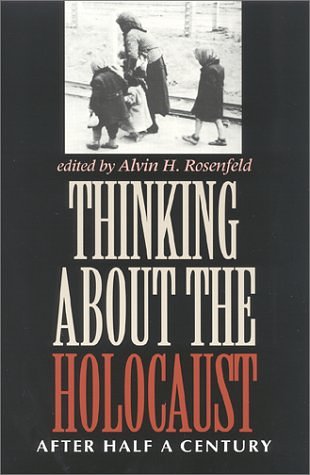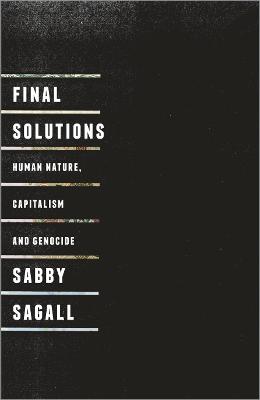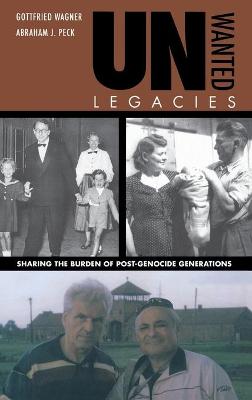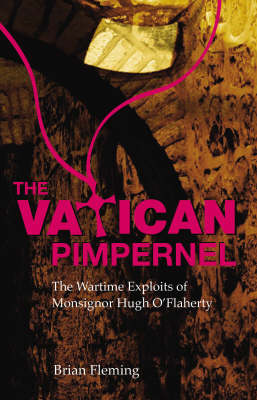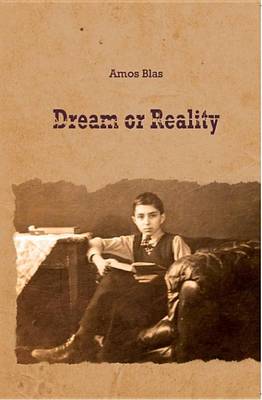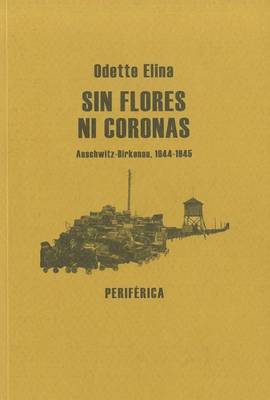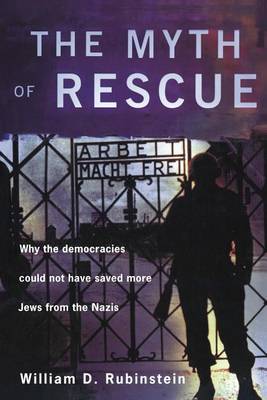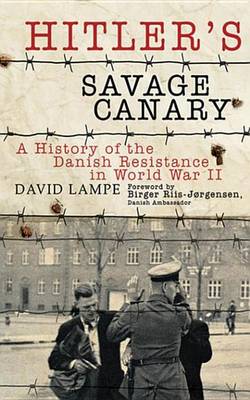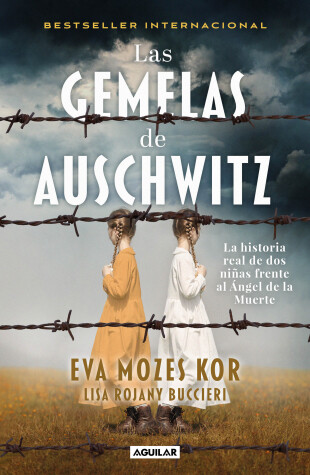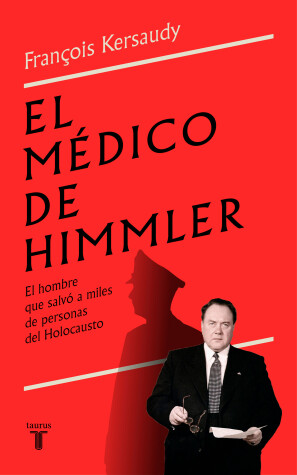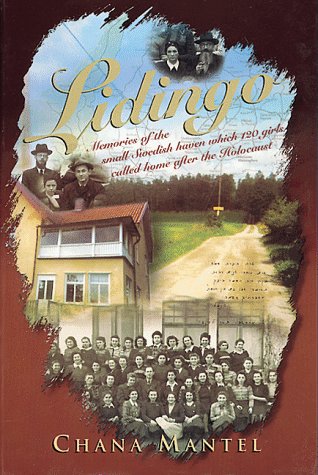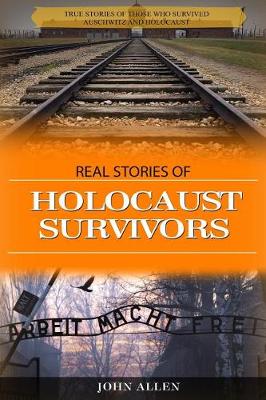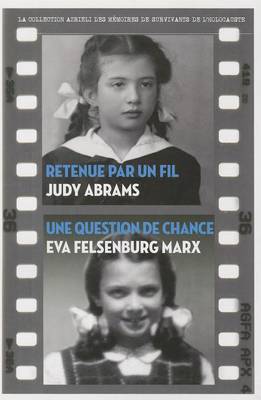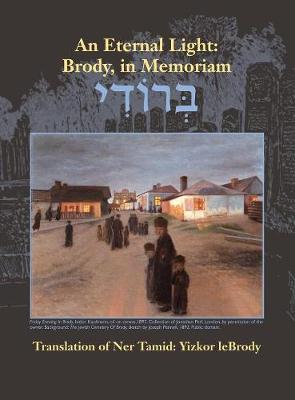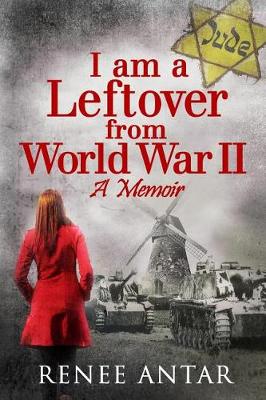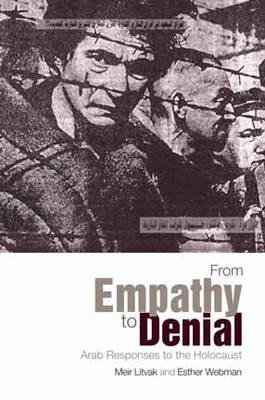Thinking About the Holocaust (Jewish Literature & Culture)
More than fifty years after the end of World War II, how do we look back upon and understand the nature and consequences of that catastrophic event? What kind of historical consciousness has developed over the past half century with respect to the Nazi destruction of European Jewry? These questions are explored by a distinguished international group of scholars in "Thinking about the Holocaust: After Half a Century".The essays in this volume draw on the large body of historical writing, testimon...
What causes genocide? Through an examination of four modern genocides - the Native Americans, the Armenians, the Jews and the Rwandan Tutsis - Sabby Sagal formulates a theoretical framework for understanding some of the darkest hours of humanity. Drawing on the scholarship of a range of Marxist psychoanalysts, from the Frankfurt School to Wilhelm Reich, shows how genocides are enacted by social classes or communities that have experienced isolation and denial of human needs, prostration and...
Unwanted Legacies (Modern Jewish History)
by Gottfried Wagner and Abraham Peck
How does a society reconcile itself in a post-genocide era? How can generations of those whose families were victims and victimizers break the cycle of hate, mistrust, shame, and guilt that characterizes their relationship? What family reactions do they face as they seek to begin the act of sitting across from each other and facing their legacies? For more than two decades, Gottfried Wagner, great-grandson of composer Richard Wagner, whose music inspired Adolf Hitler and whose family hel...
An account of the friendship between two women who were political prisoners in Ravensbrueck concentration camp. It is a portrait of Milena Jesenska, whose stand against the Nazis made her a prisoner at the death camp in 1939. There she befriended Margarete Buber-Neumann, the author of this book. "Milena" is also a portrait of the long-vanished world of Vienna and Prague and of writers and artists like Franz Kafka, Hermann Broch, Willy Haas, Jaroslav Hasek and Carel Kapeck. Margarete Buber-Neuman...
All But My Life is Gerda Weissmann Klein’s memoir of her experiences during World War II. Klein was born on May 8, 1924, in Bielitz (now Bielsko), Poland. She remembers her childhood as being happy, even idyllic. The Weissmanns were a Jewish family, and their town had been part of the Austro-Hungarian Empire before 1919. Like most of the residents in the area, the Weissmann family was bilingual, speaking both Polish and German, and Klein’s older brother, Arthur, studied English as well. Klein’s...
The Myth of Rescue: Why the Democracies Could Not Have Saved More Jews from the Nazis
by W. D. Rubinstein
After Adolf Hitler made plans to create a "model protectorate" out of Denmark, Winston Churchill predicted that the nation would become the Fuhrer's tame canary. Isolated from the Allies and fueled only by a sense of human decency and national pride, the Danes created an extraordinary resistance movement that proved a relentless thorn in the side of the Nazis. By 1945, they had published twenty-six million issues of illegal newspapers. They set up radio guides for Allied aircraft on the coasts a...
Las gemelas de Auschwitz / The Twins of Auschwitz. The inspiring true story of a young girl surviving Mengele’s hell
by Eva Mozes Kor
La historia real de dos niñas frente al Ángel de la Muerte Eva Mozes Kor tenía sólo diez años cuando llegó a Auschwitz . Sus padres y dos hermanas mayores fueron llevados a las cámaras de gas, pero ella y su gemela Miriam fueron puestas al cuidado del hombre conocido como el Ángel de la Muerte , el sanguinario doctor Josef Mengele , quien realizaba crueles experimentos sobre todos los gemelos que encontraba, en su delirante afán por entender la genética y mantener pura a la raza aria . En estas...
El médico de Himmler: El hombre que salvó a miles de personas del Holocausto / H immlers Physician
by Francois Kersaudy
La verdadera historia de la lista de Kersten, un relato desconocido de terror, fanatismo, generosidad y heroísmo. Hasta las figuras más temibles de la historia tienen sus debilidades, y la de Heinrich Himmler fue sin duda su médico, cuyas manos milagrosas eran las únicas capaces de aliviar sus insoportables calambres abdominales. Felix Kersten, nacido en Estonia y formado por un maestro tibetano en Finlandia, era uno de los fisioterapeutas más prestigiosos de los años treinta, con una agenda in...
Retenue Par Un Fil/Une Des Chanceuses (Collection Azrieli Des Mmoires de Survivants de L'Holocauste, #5)
by Judy/Eva Abrams/Marx
Based on years of research conducted mostly in Arabic sources, Meir Litvak and Ester Webman track the evolution of post-World War II perceptions of the Holocaust and their parallel emergence in the wake of the Arab-Israeli conflict of 1948. Following the establishment of the State of Israel, Arab attitudes toward the Holocaust became entangled with broader anti-Zionist and anti-Semitic sentiments. Litvak and Webman track this discourse through the work of leading intellectuals and turn to repres...
